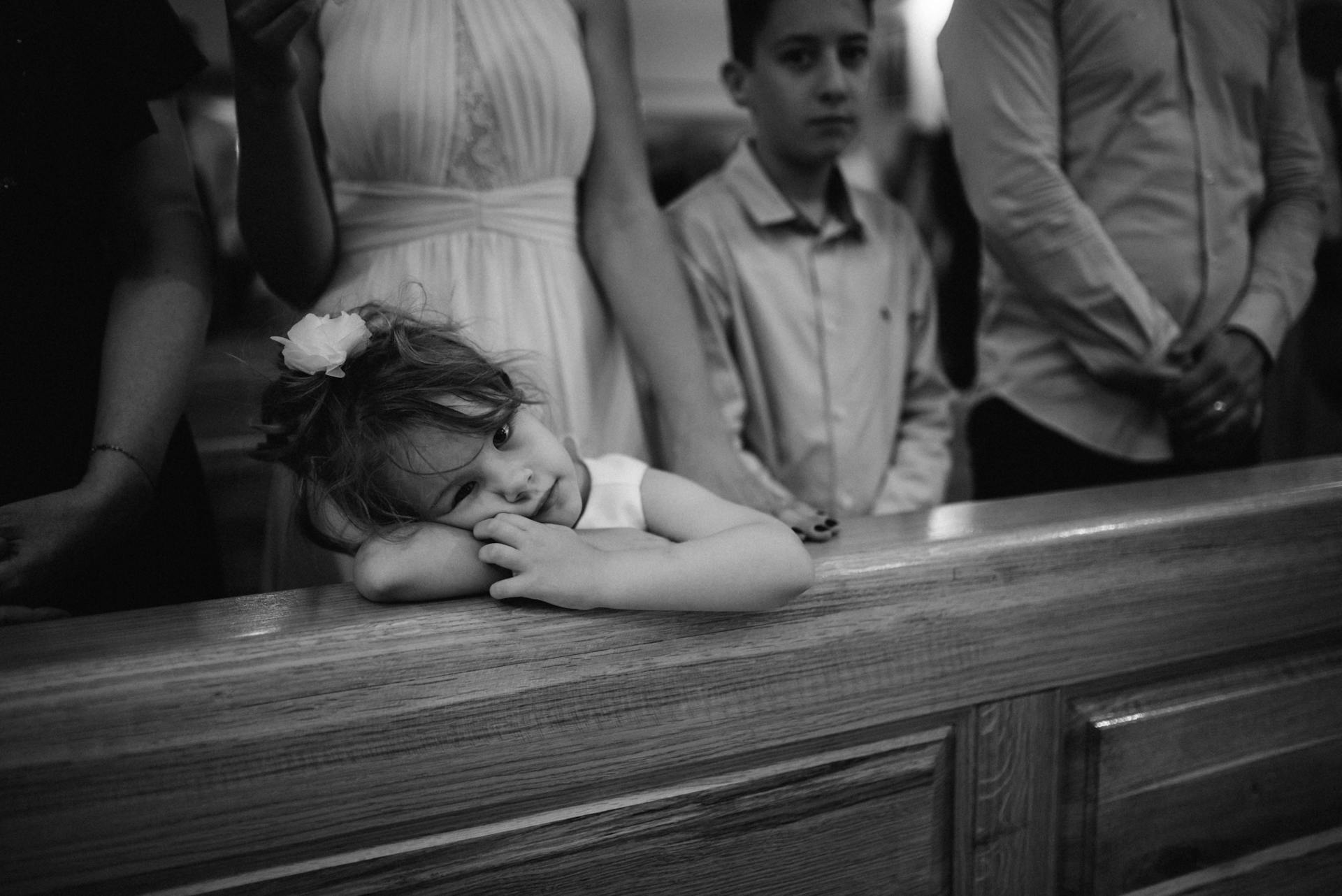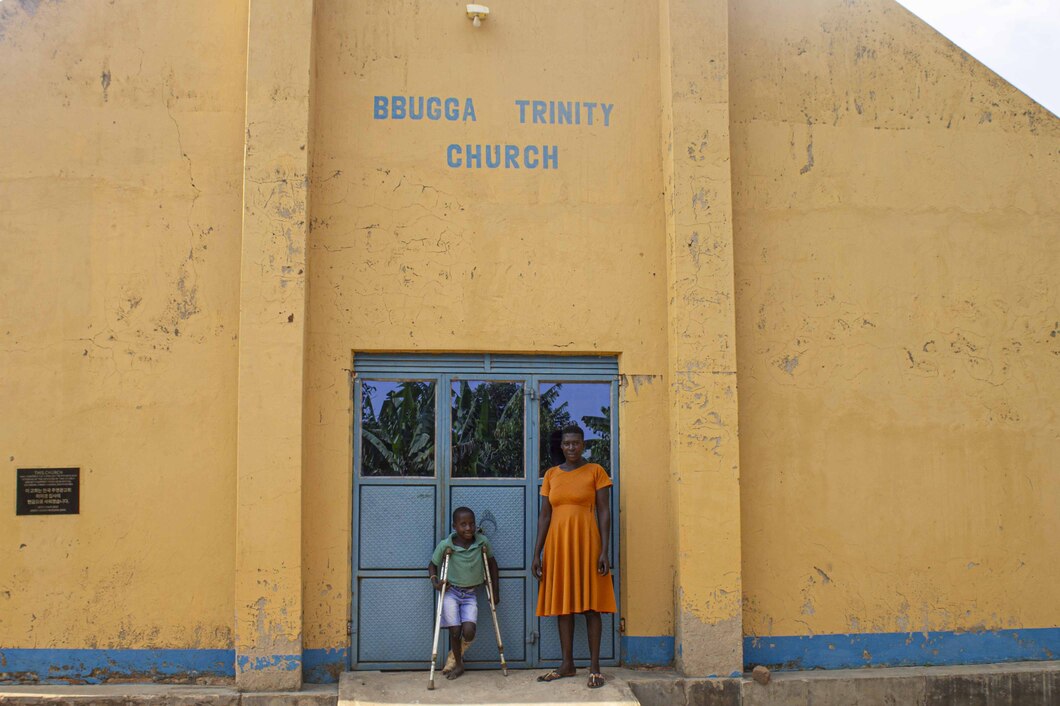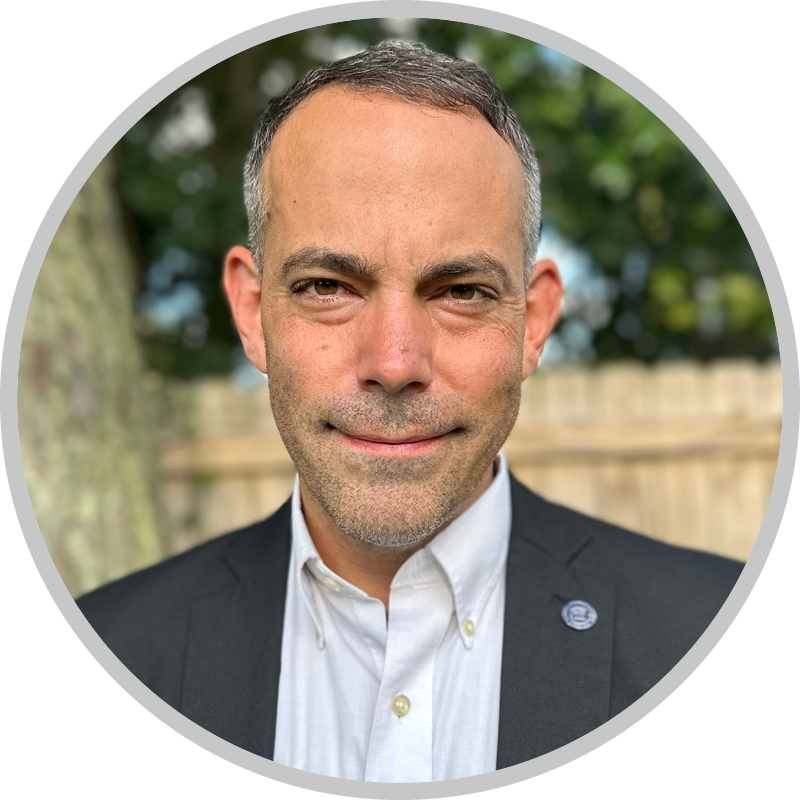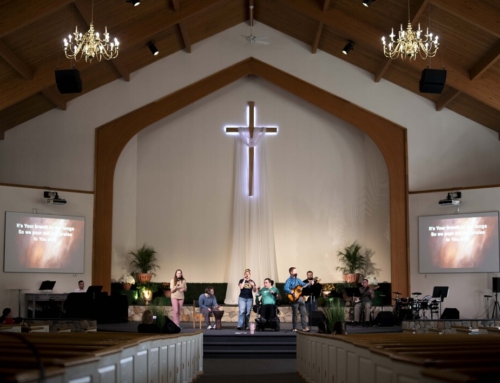“I Hate Sundays”: Why Disabled Families Are Absent from Church and What We Can Do to Start Welcoming them Back

Sometimes, I hate Sundays. A pastor making this statement requires some explanation: I’m an Army Chaplain, a pastor for 17 years, having served at churches and Army chapels across the country. I love the family of God. It is the Body of Christ, the communion of saints. Yet I often hate Sundays because I, like approximately 1 in 5 people, have a disabled child. Sunday is the day I feel most isolated and alone while surrounded by a crowd of worshipers.
Sunday mornings are dedicated to my disabled son (at our current duty station, I don’t have preaching responsibilities on Sundays). They’re spent trying to keep our autistic son from melting down during fellowship times or the service. I speak to few people because even a momentary conversation can lead to a lapse in attention that results in a catastrophic incident, setting my son’s day on fire. Sunday morning means hard, isolating work and a harsh reminder that our lives don’t measure up to the picture-perfect, stock-image Christian family at the top of most blogs.

Feeling Like an Outsider
Over the years, we’ve experienced amazing, understanding churches. Yet, like many other disabled families, we have also experienced isolating attitudes. We’ve had people get up and move when we sit down because my son is a distraction. We’ve been told we would always have problems with my son because my wife was not a stay-at-home mother for the first two years of his life. We’ve been told his condition is really a failure to parent and discipline. We’ve been told his condition is because we showed a lack of trust in God by vaccinating him. We’ve been subject to sermons suggesting that our son would be healed if we just had enough faith. These are just a handful of ways families with a disabled member experience pain, isolation, and judgment in the church. As much as we love the Body of Christ, church can be trying, to say the least, for disability families.
These experiences are not uncommon. A study from 2010 found that over half of families with a disabled member felt unwelcome in the church.[1] In fact, many families with a disabled child simply give up on church altogether. While between 20-30% of the population has a disability, nowhere near that number are seen on Sunday mornings in churches.

While programs and ministries dedicated to the disabled are necessary and encouraging, I believe the real work needed is on a more intimate level. If we are to create welcoming places for these families, many desperately in need of hope, we must examine the preconceived notions we carry into our relationships.
Who Sinned, the Blind Man, His Parents, or Job’s Friends?
The moral model of disability is responsible for many of the worst experiences disabled families face. It holds that a person’s disability is the result of either their sin or their parents’ sin. It’s seen in Scripture most prominently when the disciples ask Jesus who sinned that a man was born blind (John 9). It’s also seen in Job’s friends who insist that both Job’s physical conditions and family tragedies were because of some secret sin. It’s worth noting that God harshly rebuked Job’s friends for their assumptions (Job 42:7-9).
Moral model assumptions can be devastating. Michael Beates relays a painful personal account in Disability and the Gospel of how church members have treated his family regarding his paralyzed daughter. He laments that “well-intentioned but theologically obtuse believers have sincerely asked us if we had confessed the sin in our lives that must surely be responsible for her affliction.”[2] Statements like this can be so hurtful and isolating to these families. Our own family and many others has experienced this type of conversation. Parents of disabled children already experience so much guilt and shame, more than most realize. Often the first question upon hearing a diagnosis is “What did I do to cause this?”
If churches desire to create welcoming places for disabled families, they must teach our Lord’s response to His disciples. Jesus’ answer in John 9:3 provides so much hope, saying, “It was not that this man sinned, or his parents, but that the works of God might be displayed in him” (John 9:3). He doesn’t deny the reality of sin but reframes their understanding of it. While not all disabilities are for such glorious purposes as in John 9, they are all under God’s lordship and happen for His purposes. They and the people that have them exist to glorify God and to display His works. We should teach our people to avoid any assumptions about the causes of disability and correct them when we see them.

Help Us Love Sundays
If Sundays are to be joyous for the disabled family, the people of God must examine their preconceived notions about disability. The assumptions we carry into relationships with disabled families can cause so much pain and isolation. Our assumptions make us look at people through worldly eyes. Yet when we put aside these assumptions and see these families as God intended—as fellow image bearers, beloved children, and brothers and sisters in Christ—we go a long way toward making them feel welcome.

Families with disabled members desperately need Sundays. We need the grace of God to wash over us through the Body, to encourage us, to convict us, to sanctify us. We need you, the fellowship of believers, to come alongside us and suffer with us. We need you to rejoice with us when we rejoice and weep with us when we weep (Rom. 12:15). Just remember, for us and families like us, often just walking through the door is an act of worship.
Questions for Reflection
- How do I respond to a family that looks different on a Sunday morning?
- What expectations do I have for disabled families?
- How can I engage intentionally and graciously with disabled families?
[1] Melinda Jones Ault, “Participation of Families of Children with Disabilities in Their Faith Communities: A Survey of Parents,” (University of Kentucky, 2010).
[2] Michael S. Beates and Joni Eareckson Tada, Disability and the Gospel: How God Uses Our Brokenness to Display His Grace, (Wheaton, IL: Crossway, 2012), Introduction.
-Written By Matt McCraney
Matt McCraney is an Army Chaplain and father of a disabled child. He has a PhD from Southwestern Baptist Theological Seminary and a DMin from Southeastern Baptist Theological Seminary. He has been married to Sarah for 21 years, and they have four children.

Identifying Barriers and Building Pathways to Belonging for People with Disabilities in the Church
Bringing personal, biblical, and academic perspectives, Matt identifies barriers that keep disabled people from finding their places of belonging in the church and he offers practical ways Christians can better demonstrate the love of Jesus to those living with disability.


